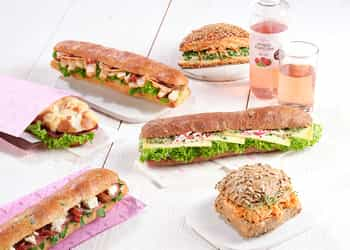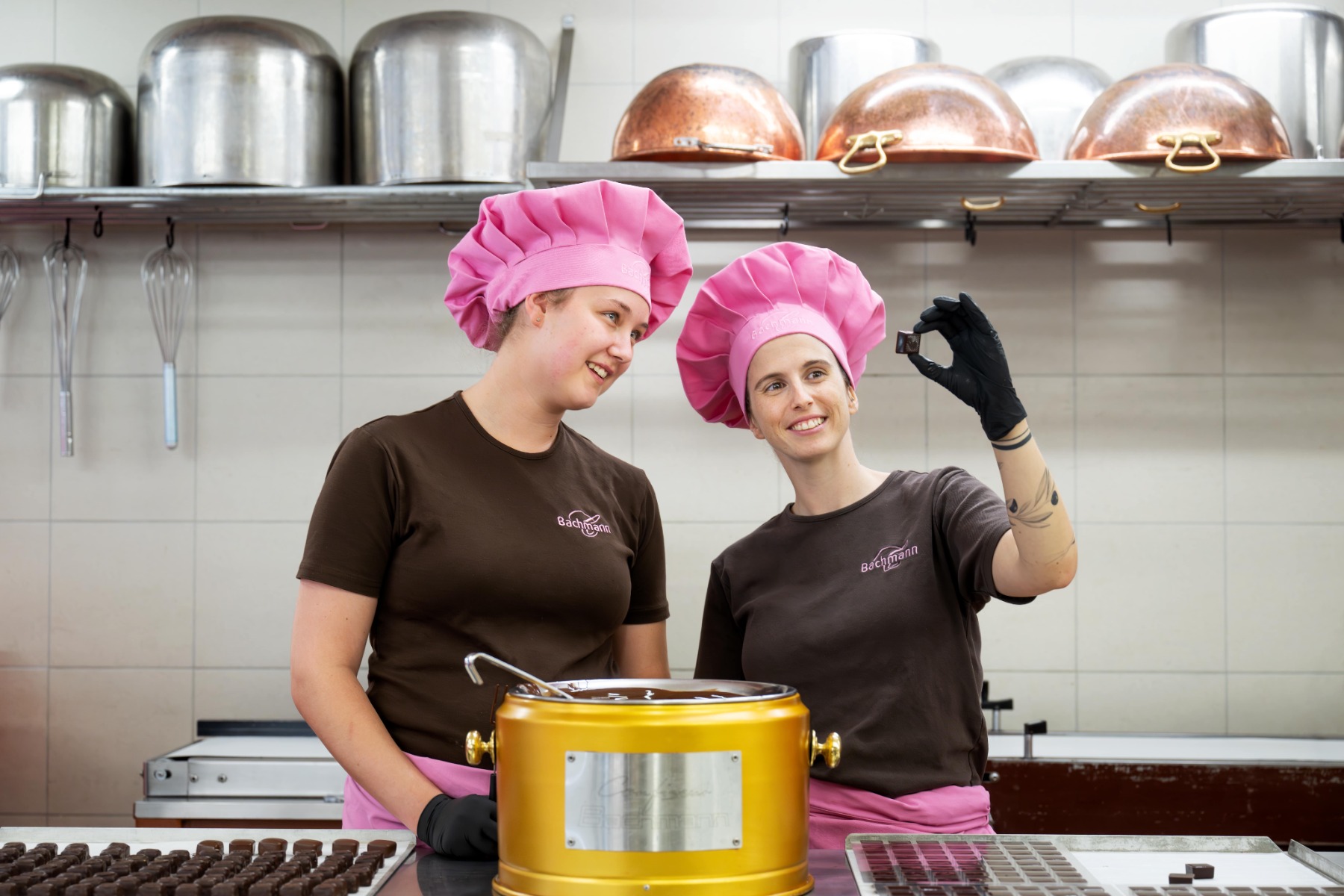Every year, the Swiss discard over two million tonnes of perfectly acceptable food – equivalent to almost one full meal per head, per day. Confiserie Bachmann is therefore actively involved in various food waste projects, giving bread a second chance!

«Tischlein deck dich»
We are working with “Tischlein deck dich” (the wishing table) on a solution for products that haven’t been sold by the end of the business day. In 2015, Confiserie Bachmann donated 2,315 kilogrammes of food.
Thanks to an abundance of donations, “Tischlein deck dich” was able to distribute 3,259,000 kilogrammes of food to the value of 21,183,500 Swiss francs to poverty-stricken people all over Switzerland. Every week, 15,800 people in need receive food donations.

Äss-Bar
In cooperation with the Äss-Bar in Lucerne, the baked goods from the previous day are sold at a highly discounted price in the Äss-Bar sales outlet. By selling our bakery products, we are fighting against the waste of bakery products in our region.
www.aess-bar.ch

«United Against Waste»
Bread is far too precious to waste, which is one of the reasons why United Against Waste, an industry alliance in the food service sector, is actively involved in reducing out-of-home food waste. 265,000 tonnes of food waste land in Switzerland’s out-of-home supply chain every year – and is totally avoidable. This food waste not only incurs costs, it also damages natural resources unnecessarily.
United Against Waste has therefore taken up the challenge of trying to halve the amount of food waste generated by the industry to create an innovative and future-oriented industry.
Being part of the project, Confiserie Bachmann supports and pursues the association’s vision “to work together to halve food waste along the out-of-home supply chain”.

plates instead of buckets
The task of the project is to distribute daily fresh products, which are thrown away by large distributors or local bakeries in the evening, to needy people in Dietikon. The aim is to counteract food wastage and at the same time combat poverty. For its implementation, the project relies on voluntary helpers. These collect the food from the contract partners and bring it to the delivery point, where it is distributed to the needy people. The food is not consumed locally, but taken home.










